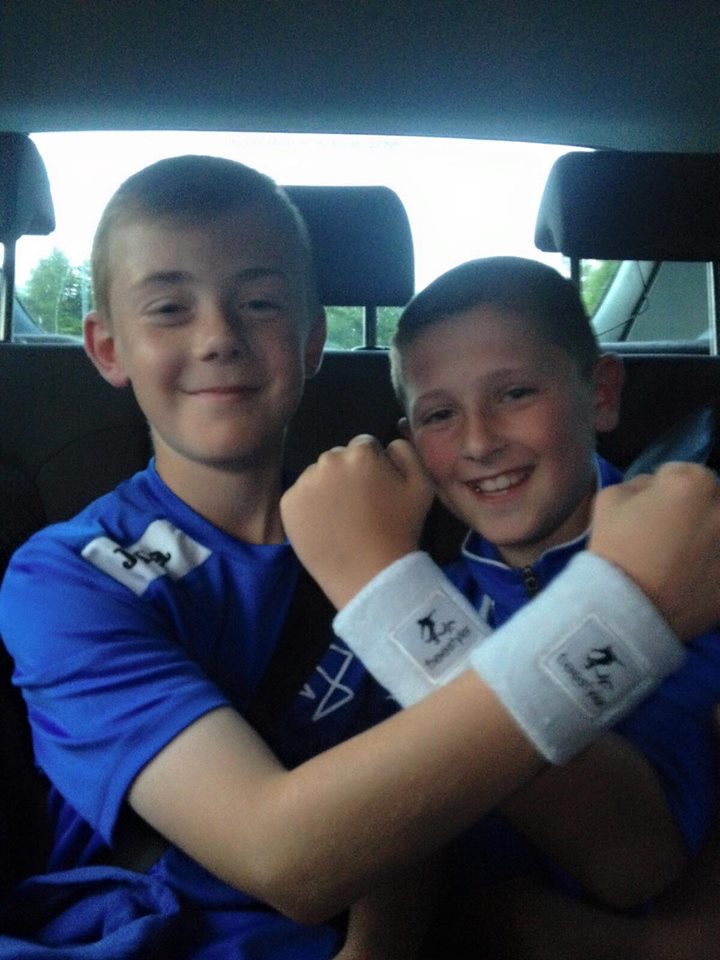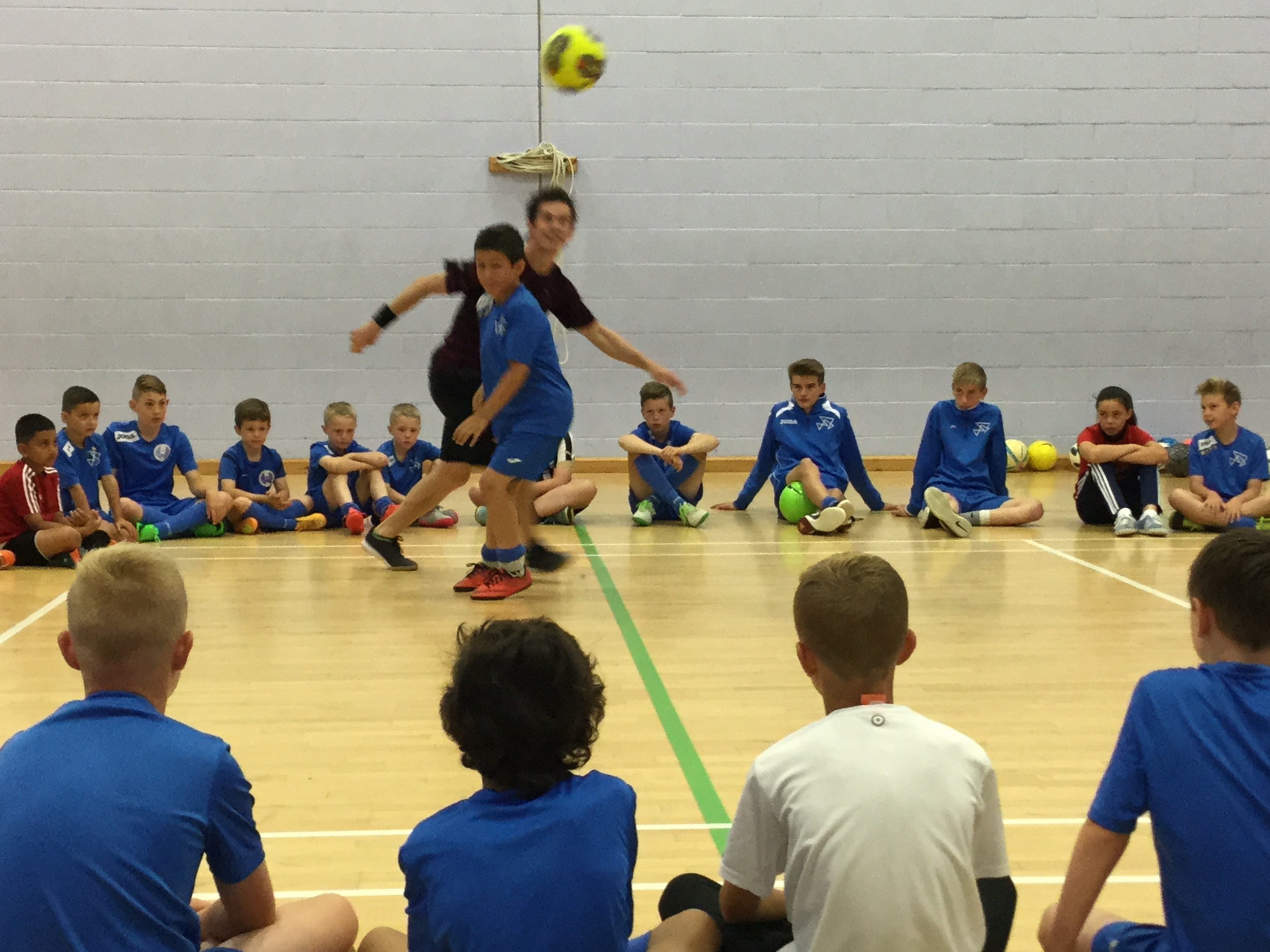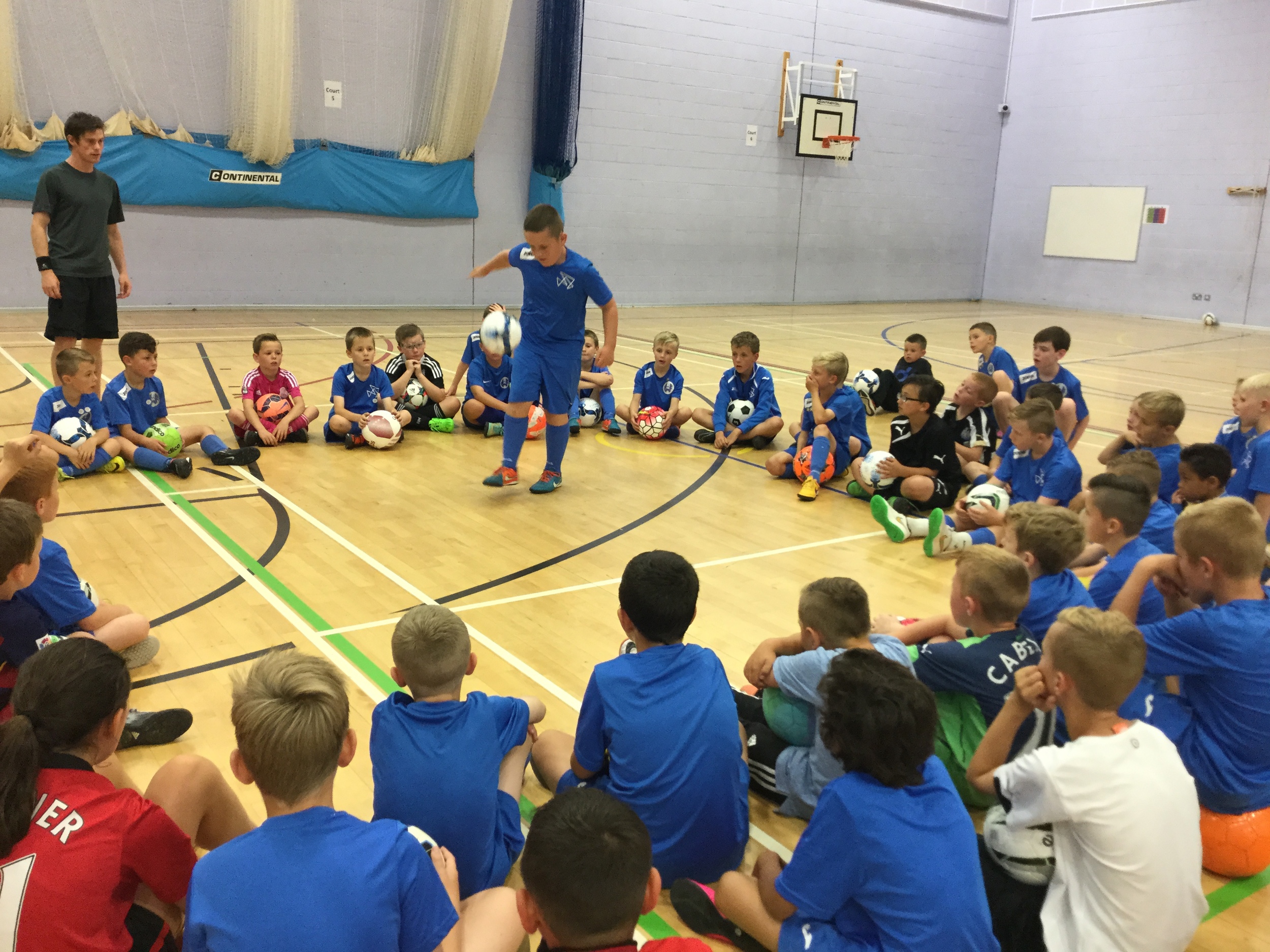You often hear people talk about ‘the love of the game’: what is it though and how do you help foster an environment that allows this to grow?
Understanding intrinsic & extrinsic motivation
Intrinsic motivation involves people participating freely in activities that they find interesting, that provide novelty, fun and an appropriate challenge. When you pursue an activity for the pure enjoyment of it, you are doing so because you are intrinsically motivated, this has been suggested to develop a higher level of creativity. Your motivations for engaging in the behaviour arise entirely from within rather than out of a desire to gain some type of external rewards such as prizes, money, or acclaim.
Extrinsic motivation refers to behaviour that is driven by external rewards such as money, grades and praise. This type of motivation arises from outside the individual, it is important to note that these rewards can be either physical or psychological in nature, money and trophies are two common types of physical rewards.
People engage in activities that they might normally not find terribly enjoyable or rewarding in order to earn a reward. Elite athletes often engage in physical and mentally demanding training sessions in order to be able to compete in sporting events to win trophies and awards. This isn't to say that intrinsically motivated behaviours do not come with their own rewards - these involve creating positive emotions within the individual.
Activities can generate such feelings when they give people a sense of meaning like participating in sports. They may also give a sense of progress when you see that your work is accomplishing something positive or competence when you learn something new or become more skilled at a task.
Different Perspectives on Rewards
Experts have noted that offering unnecessary rewards can have unexpected costs. While we like to think that offering a reward will improve a person's motivation or performance this isn't always the case. When children are rewarded for an activity that they already enjoy participating in, their motivation and enjoyment of those activities actually decreases.
How to foster a love of the game?
Extrinsic motivators are best applied in situations where people have little initial interest in performing the activity or in cases where basic skills are lacking, however these rewards should be kept small and should be tied directly to performing a specific behaviour.. Once some intrinsic interest has been produced and some essential skills have been established, the external motivators should be slowly removed.
We strive to develop learning environments that are intrinsically rewarding. Unfortunately, many traditional models suggest that most students find learning boring so they must be extrinsically motivated into educational activities. In "Making Learning Fun: A Taxonomy of Intrinsic Motivations for Learning," Thomas Malone and Mark Leeper identify several different ways to make learning environments that are intrinsically rewarding.
The factors they identify as increasing intrinsic motivation include:
Challenge: People are more motivated when they pursue goals with personal meaning and when attaining the goal is possible but not necessarily certain. These goals may also relate to their self-esteem when performance feedback is available. This also relates to setting SMART targets.
Control: People want control over themselves and their environments and want to determine what they pursue, by allowing children opportunities in the session to make decisions around the activity design for example picking teams, area size helps develop autonomy and a perception of control to stimulate motivation.
Cooperation and competition: Intrinsic motivation can be increased in situations where people gain satisfaction from helping others and is one of the benefits from mixed age sessions and small parts of sessions that involve coaching each other. It also applies to cases where they are able to compare their own performance favourably to that of others.
Curiosity: Internal motivation is increased when something in the physical environment grabs the individual's attention (sensory curiosity). It also occurs when something about the activity stimulates the person to want to learn more (cognitive curiosity).
Recognition: People enjoy having their accomplishment recognized by others, which can help increase internal motivation whether by a coach, parent or another participant.






























